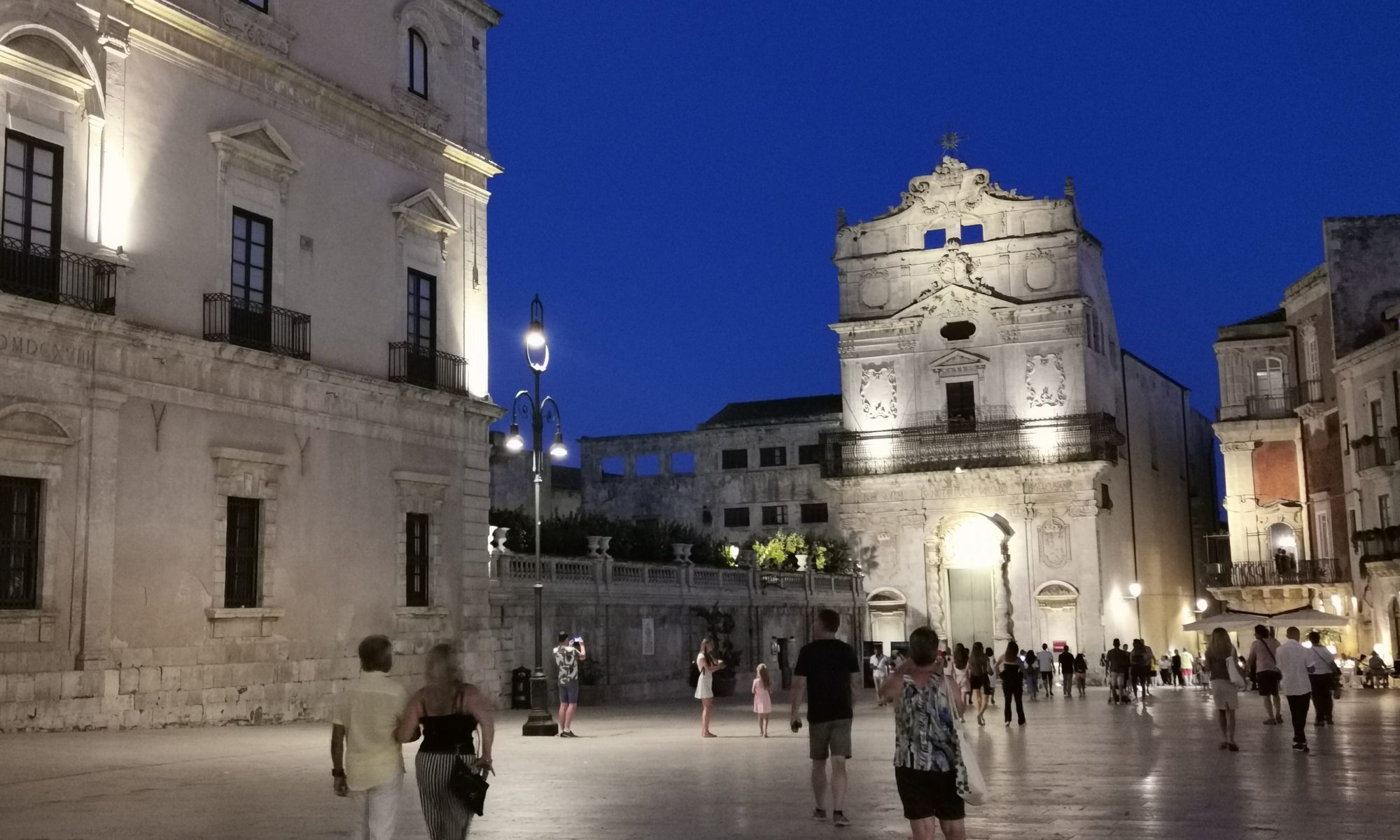Aimless city wandering – the freedom to stroll and observe but yet to be unobserved – this is the domain of the flâneuse. In the 19th and 20th centuries the flâneur was a male figure of privilege and leisure. When I imagine him he always manifests himself as Daniel Day-Lewis playing Cecil Vyse in A Room with a View. He has pince-nez glasses and a book of verse under his arm (it’s got to be Rilke, right?). He loiters idly in European piazzas, sometimes with a fountain of pigeons cascading around his head. Like J Alfred Prufrock – surely the ultimate modernist flaneur – he walks the half-deserted streets unimpeded and unchallenged. To be fair, he’s usually a bit of an entitled moron.
A couple of years ago I read Lauren Elkin’s brilliant book Flâneuse: Women Walk the City and realised I’d been inadvertently doing this since the late 80s. Aimless wandering suits me as I have no inner compass and can’t read maps. Smartphones have improved things significantly (although I still struggle with which direction the moving dot is heading) but generally speaking I will ride on the coattails of other people’s sense of direction or simply get lost. New places mean adding twenty minutes to the journey so I can pin down visual landmarks to guide me like a lighthouse through the rocks. I always ask at least three people where I am.
But being a flâneuse isn’t about an aversion to navigation. It’s about being an observer of people and places from the position of outsider. As an extraverted introvert, I find this vantage point sits well with me and I’ve actively sought out its freedoms since I was a teenager, growing up claustrophobic in a small brewery town situated, mercifully, at the end of a railway line. Here two tribes seemed to co-exist in segregated zones. I belonged to neither.
Pinned between the parochial snobbery of the pony club and the insularity of the locals whose idea of entertainment was scrambling on off-road bikes and decimating an entire hill, I never felt I had a natural home. You were looked down upon by head-scarfed women with pockets full of pony nuts or you were told you were stuck up by the kids from the local comprehensive and, more often than not, by their parents too. ‘Who does she think she is’ was something that often came at me in stereo.
This was the 80s and 90s and half the under-25 population were on drugs to quell the skull-numbing boredom of just being there. I once did a summer stint in a packing factory with a guy who’d put his acid tabs in the fridge one morning and asked his Mum to look after them until he got home. He was going to drop one under each eye lid after his shift and he couldn’t wait to clock off. I hope this gives you a sense of the levels of aspiration.
It turns out flâneuring isn’t a lot of fun when there’s a shabby pub on every corner and the acrid smell of hops is permeating the air. Unless you wanted to study the history of Roman pots and coins or hear the story of the gruesome Victorian murder for which the town was famed, there were no interesting art galleries or museums. Neither was there a café culture to match my romantic fin de siècle imaginings, although I tried my best, rotating between the three or four tea shops and spinning out a pot of tea and a flapjack for the longest possible time whilst looking busy with my library book. The local theatre was a large converted Nissen hut that had once been used to house German prisoners of war. In 1948 it had flung open its doors to the kind of amateur dramatics for which people should have been arrested for crimes against performance.
Yes, it was tough being a flâneuse in Shitsville. Yet having waxed so lyrical about the charms of this place, I forget to tell you its greatest asset. A fast train to London was only an hour and fifteen minutes and before you could say ‘trot on’, I was on it.
Ah, London. I know its greatest moment has probably passed (for now), but to my 16 year old self it was a kaleidoscope of wonders. Here was a place where no-one knew who you were. You could wander the cool marbled halls of its great museums or take in a solo matinee performance, staring up at cherubs, snug inside the red velvet interior as you waited for the play to wrap you up and take you away. You could perch on bar stools and chat to waiters or strike up conversations with fellow diners who’d light your eager cigarettes. Or you could simply sit and watch, scribbling your train of thought into notebooks no one ever saw. You were part of something; yet you were part of nothing.

In recent years, I’ve taken this feeling abroad to many other cities and have compiled many notebooks. It’s probably true to say this has become a bit of an obsession because I dream in trips, usually of the European variety. So this is The Flâneuse Diaries; part travelogue, part memoir, partly alone, partly in company, usually lost.
First stop Rome. For Christmas.
You are welcome to join me wherever I go.
